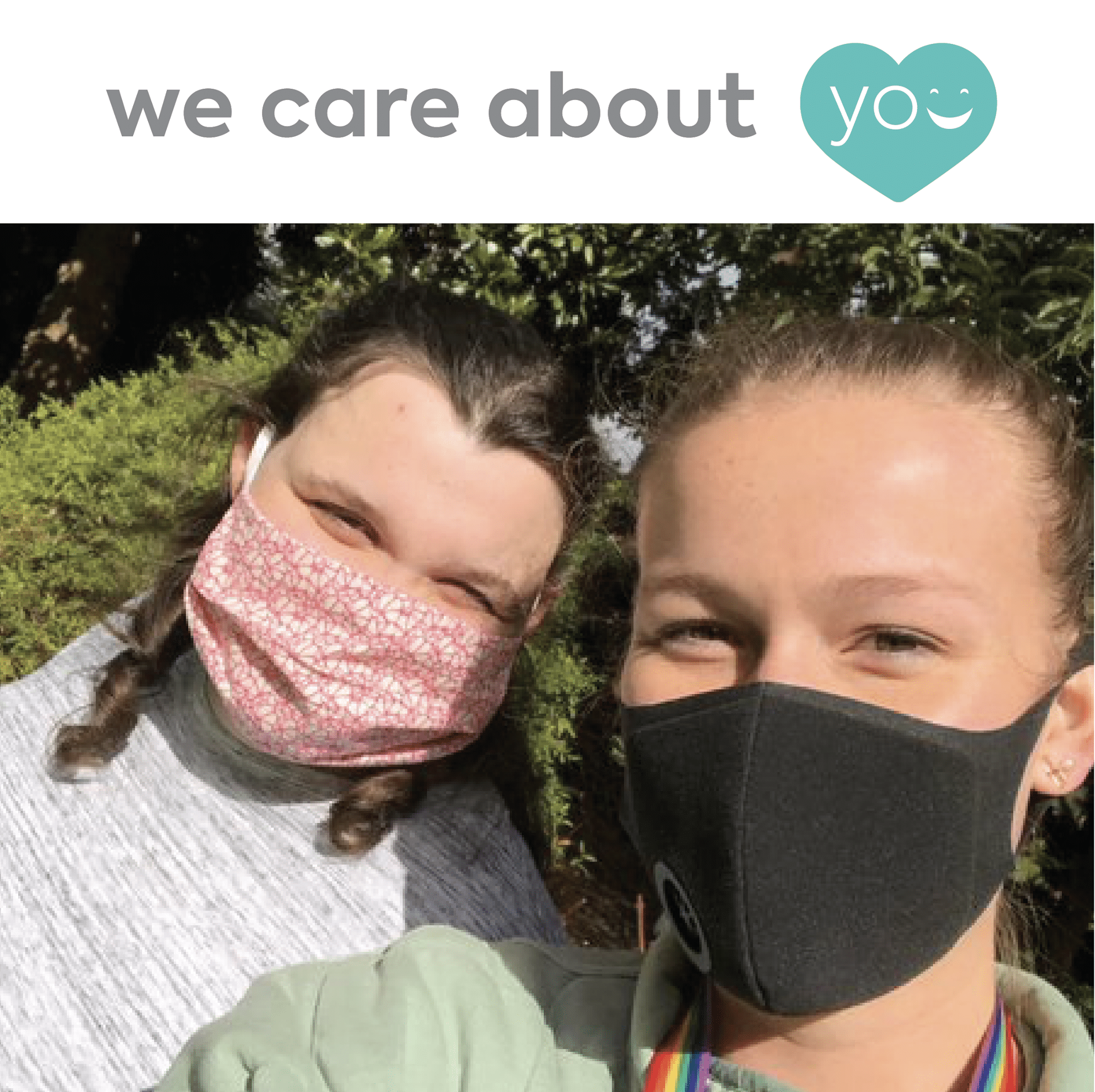
What a year this has been! The rapid rise and spread
of the coronavirus (COVID-19) has forced us to re-think the way we normally do things….

This was particularly the case for us at Leisure Networks given that all our services are based in Victoria – a state which has seen some of the toughest restrictions in Australia, if not the world. During this time of great uncertainty and stress, our priority was to keep our staff, our customers
and loved ones healthy, safe and connected. We are incredibly proud to say that our amazing teams at Leisure Networks rallied together and rose to the challenge. Below, we have highlighted some examples of the fantastic work we have done to maintain continuity of, and implement innovative solutions for, our critical supports and services.
Helping our customers and staff deal with sudden changes ;

At the forefront of everything we did and continue to do, including informing customers of the cancellations of eagerly-anticipated events, processing refunds (including for an international cruise), addressing customer concerns and anxieties, and answering queries ranging from changes in service provision to Personal Protective Equipment requirements. The Financial Plan Management Team increased staffing to ensure continuity in essential service delivery for customers and providers, from making payments within three business days of receiving new invoices, to ensuring that cash flow for providers was not compromised because of delays.
Working amidst a global pandemic is not easy. However, our staff members really stepped up in showing support and compassion for each other, through helping each other adjust quickly to new ways of working, being available for training and sharing workloads, and boosting morale.
Protecting the health and safety of our people

Wellness Checks became, and still are, part of our daily process as well as a lifeline for many customers and staff.
In April, as part of our COVID-19 response, we appointed a dedicated Wellness Check Coordinator – Tegan Curwood. Tegan’s role includes keeping abreast of the latest Government direction regarding the prevention and management of COVID-19 and ensuring that best practice is followed when providing our essential disability support services. While health and safety are our main priorities, the need for connection is also recognised as an important element and therefore incorporated into these Wellness Checks (which are completed with all staff and customers prior to any shifts).
Another example of a measure we have taken to maximise safe working conditions while maintaining our essential services is the Financial
Plan Management team being split across two office locations in order to allow safe social distancing.
Supporting the move to remote working

As part of the suite of initiatives to keep our staff, customers and the wider community safe and healthy, the shift to remote working has been one of the most challenging. There was a sudden reliance on technology we previously had little to no experience with (e.g. Microsoft Teams and Zoom), as well as having to cope with the social isolation imposed by the abrupt limitation or cessation of face-to-face contact with colleagues. All this occurred in the context of still needing to maintain, perhaps more than ever, a sense of normalcy and routine in essential service provision to our customers.
Our staff showed and continue to show amazing strength, resilience and care in adapting to these changes.
For example, teams will often get together via Microsoft Teams for the sole purpose of “checking in” and supporting one another. In order to stay strong physically and mentally as well as cope with lockdown-related issues such as parents needing to home-school their children, we now encourage even greater flexibility in our work practices. This ensures that our staff members maintain a healthy work-life balance.
Take yourself back to 1994. Each of us would be remembering a different time of our lives. You may have been a parent, in the work force, at school, involved in sport, or less active than you are now, and each of us would have had a different level of physical literacy. But physical literacy wasn’t even a commonly used term back then. There was no need to name it, or study it too much…as it just occurred naturally.
If I personally think back to that year, I was in kindergarten. Speeding down the hill on a rickety little go-kart whilst navigating around many obstacles, climbing to the highest point of a tree then having to figure out my way back down, using the pretend digger in the sand pit to dig a hole bigger than the Grand Canyon, throwing around balls with my friends or even at my younger brother at times, building unsteady block towers taller than myself, and even catching my dolls and toys as they come down the slide.
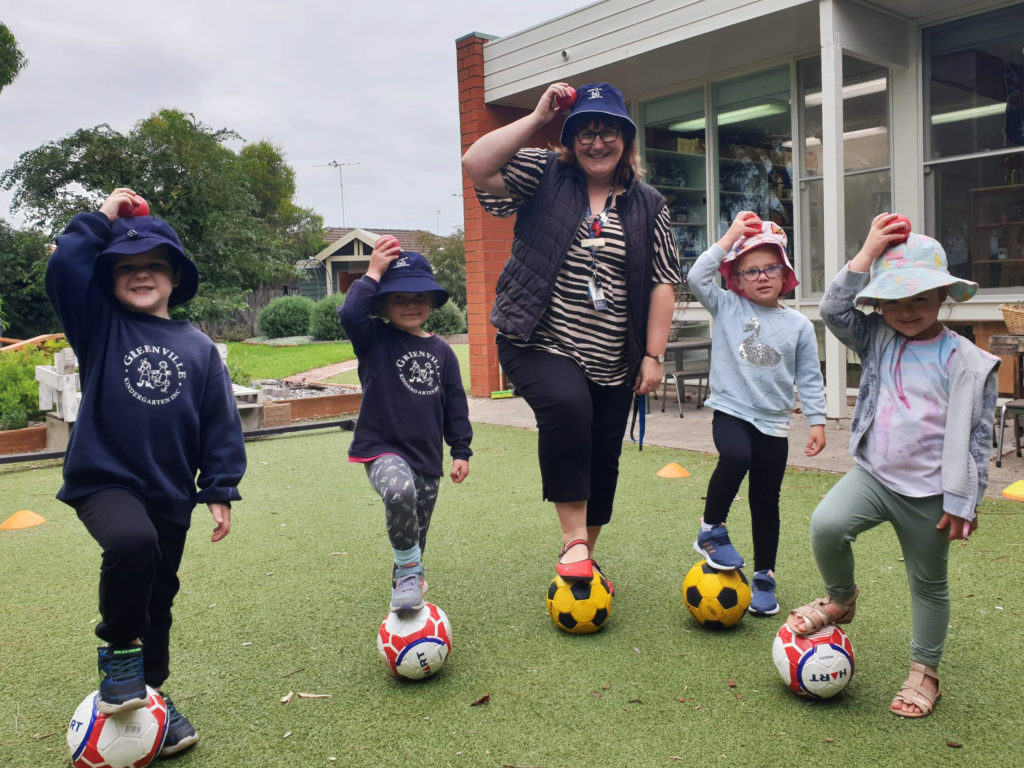
To me, this was all just play. And for kids these days and beyond…I’d like to keep it that way. But, I now deliver an evidence-based program in Early Learning Centres (ELC’s) that creates more physical literacy pathways and early intervention strategies. We are moving into a world where ‘play’ is so purposeful, designed and structured. This isn’t as natural as my personal early experiences, but unfortunately it seems necessary in order to combat the horrible numbers of inactive people in our current society. “Statistics show 8 in 10 Australian children are not active enough and Sport Australia CEO Kate Palmer said it was especially crucial to help children develop physical literacy – the skills, knowledge and behaviours needed for healthy lives.” (ref: https://www.sportaus.gov.au/media-centre/news/sport-australia-releases-position-statement-on-physical-literacy-to-support-our-nations-health)
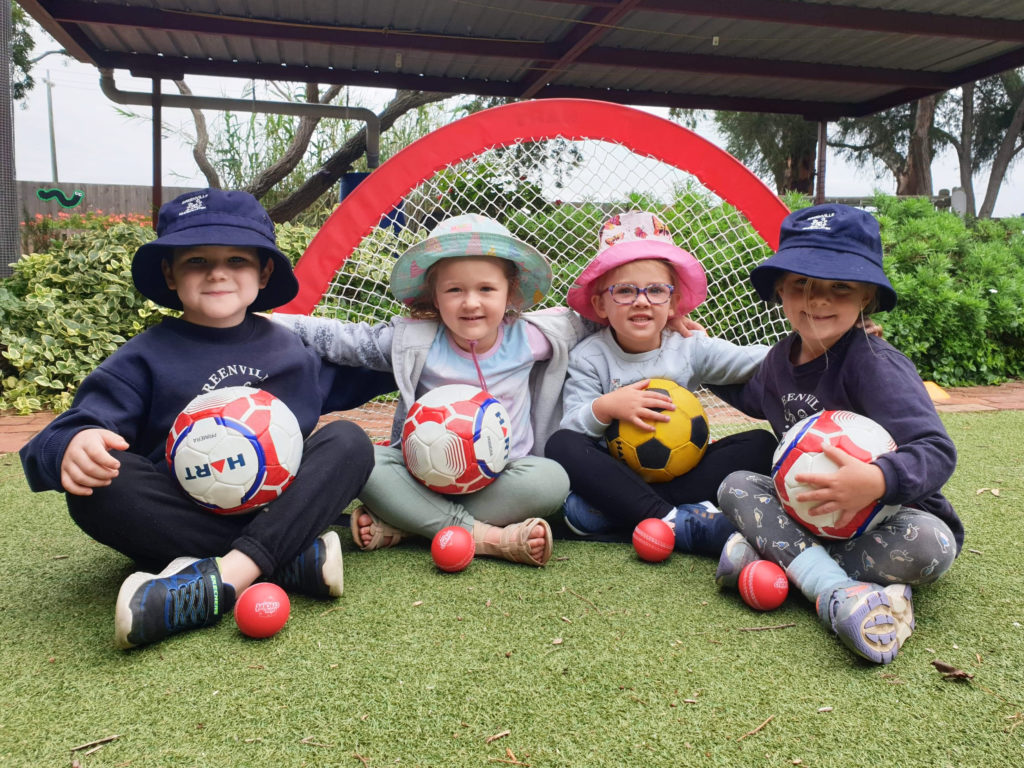
If all humans engaged in physical activity, there would be no reason for such an awareness of physical literacy. But while World Health Organisation evidence tells us that “more than 70% of Australian adults are either sedentary or show very low levels of activity”, improving these physical literacy elements and pathways early is extremely important for the future generations. But is it this easy? Can we just improve the confidence, knowledge and skills of these children and it will automatically make us a healthier nation? It may be, it may not. But I know that it can’t hurt. With my recent involvement in ELC’s, seeing the number of children that were unable to simply catch a ball alarmed me, and proved to me that it needs to be addressed. The Victorian Early Learning and Development Framework has five major outcomes, each of which have the ability of being more attainable with an increase in any of the four elements of physical literacy.
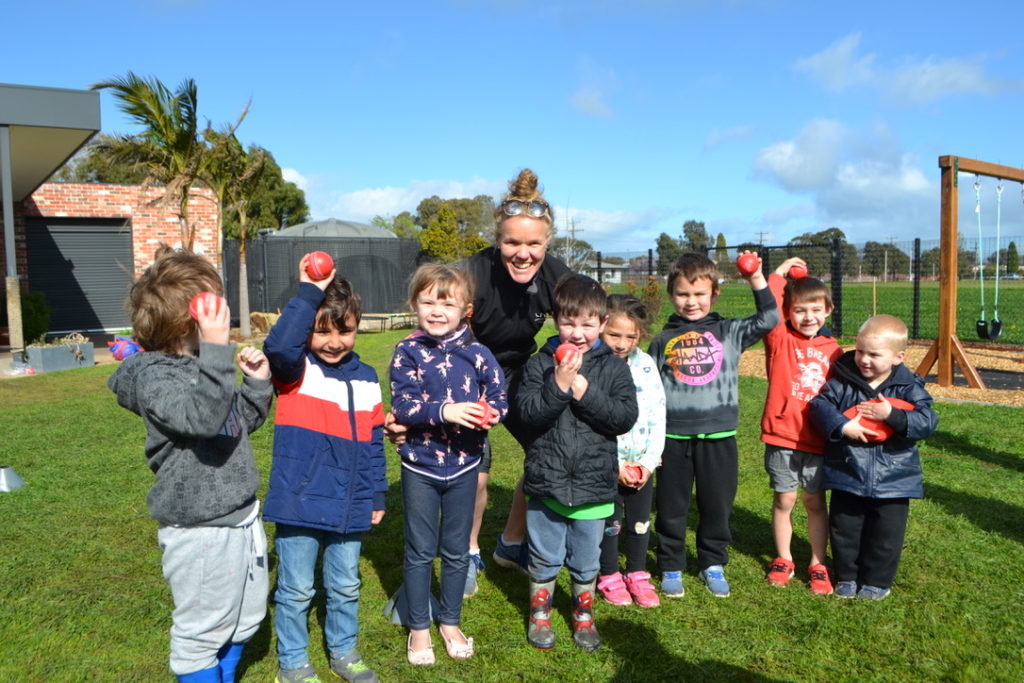
We are in a world where mental health is more worrying than ever, technology runs our lives and according experts such as clinical psychologist, Jordan Foster, is even “turning us into a zombie nation”, and, there are increased health and safety rules that may be in place to protect us but also seem to limit certain elements of our ‘play’. Noting all of this, we need to ensure we keep the fun in physical activity and include these physical literacy elements in children’s lives as early as possible.
Is providing these elements enough for these children, if they have the tools will they automatically become healthier people in the long run? Or as humans do we need more; a motivation, a passion, or a goal to continue our path to health?
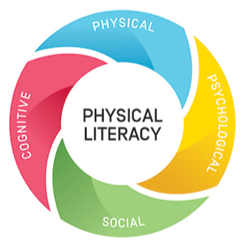
We may not have all the answers right now, but I for one hope to see kids in another 26 years talking about their positive memories of play, sport and discovery in their kindergarten years. And I truly believe our nation will only benefit from an increase in skills, confidence and behaviours from the earliest years of our lives. Let’s together, turn screen time into play time.
Kate Anderson – Program Coordinator, Community & Club Development
Kate Anderson – Program Coordinator, Community & Club Development
This weeks federal and closer to home state announcements have seen some positive news for the sector and more importantly – our grass roots community. It will see local clubs breathe the freshly cut grass in what will start some positive momentum for re-connecting the community. Have our clubs made the most of a bad situation? It’s a time to reflect – initially we re-set, time at home with family and an opportunity to slow down. From there we re-wire, think of how we can do things differently, improve the short comings and plan for the future (strategic planning, committee re-structure, innovate). Finally, clubs who have made good ground can successful re-boot, not with the past in mind but a clear comfort that this is the new norm and things will never return to how they were.
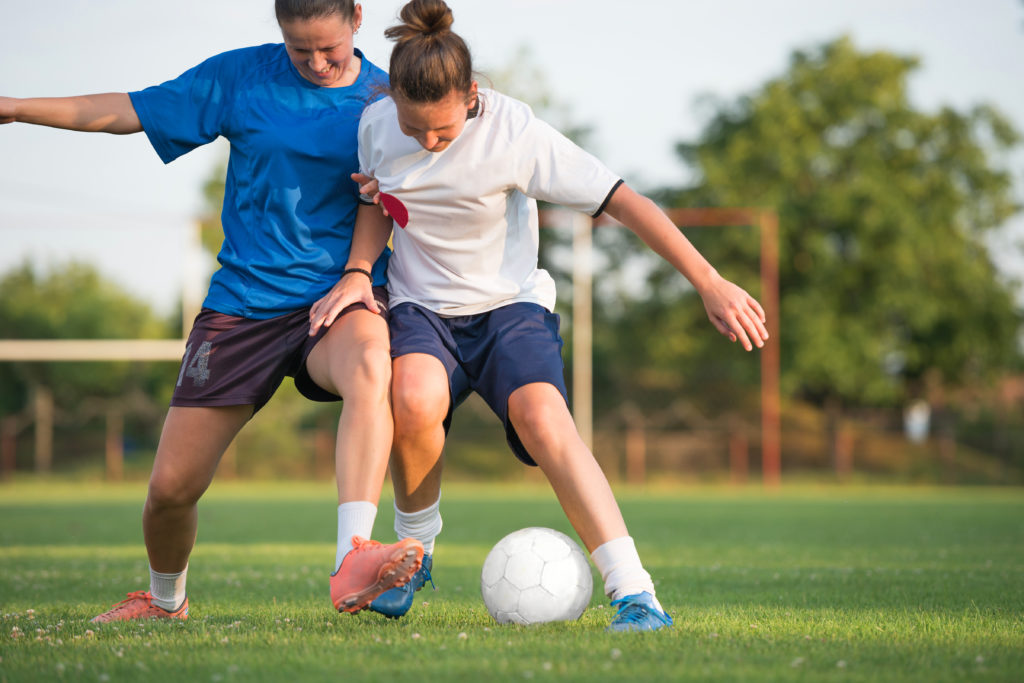
The current situation regarding Covid-19 has had an extraordinary impact on our current industry environment. It has led to many temporary reductions and closures of clubs, facilities and events within the sporting industry. To assist with the reopening of these areas, the Australian Institute of Sport (AIS) released their ‘Framework for Rebooting Sport’ on the 1st of May for sporting organisations. The Framework comprises of three key progressions to guide a return to sport for the industry: Level A, B and C. This will help to ensure that sport is returned to in a ‘cautious and methodical manner’ by ‘mitigating risk within the wider community’.
We have moved into Level B which allows for expansion of groups to 10 people but while remaining in-line with social distancing rules. These activities can be carried out at facilities but only once they have been evaluated and inspected by risk assessors. Local Government oversee majority of local community venues, will the weight of the community sit with them to cut the padlocks across the thousands of facilities? While equipment should be allowed to be shared in moderation, strict cleaning protocols should be practiced as well as providing sanitiser before, during and after sport/activity.

How will clubs achieve this? Will it help or hinder to have a lifeline based on extremely strict guidelines? I am particularly interested in how clubs and more importantly coaches will use strategies to best deliver a high level program for their players. Trust me, I don’t believe local sport or clubs should be focusing on winning and their finals campaign in 2020, lets as a community and as sport associations focus fully on fun, connection and development for our future generations. Right here, right now we need to put our energy in re-booting engagement and connection with our community clubs. The clubs that do this poorly will really suffer, when I say suffer – players, members, volunteers will stop, leave or even join clubs who have managed this current environment in a positive and innovative way. Where does the buck stop to ensure it’s a level playing field for all…?
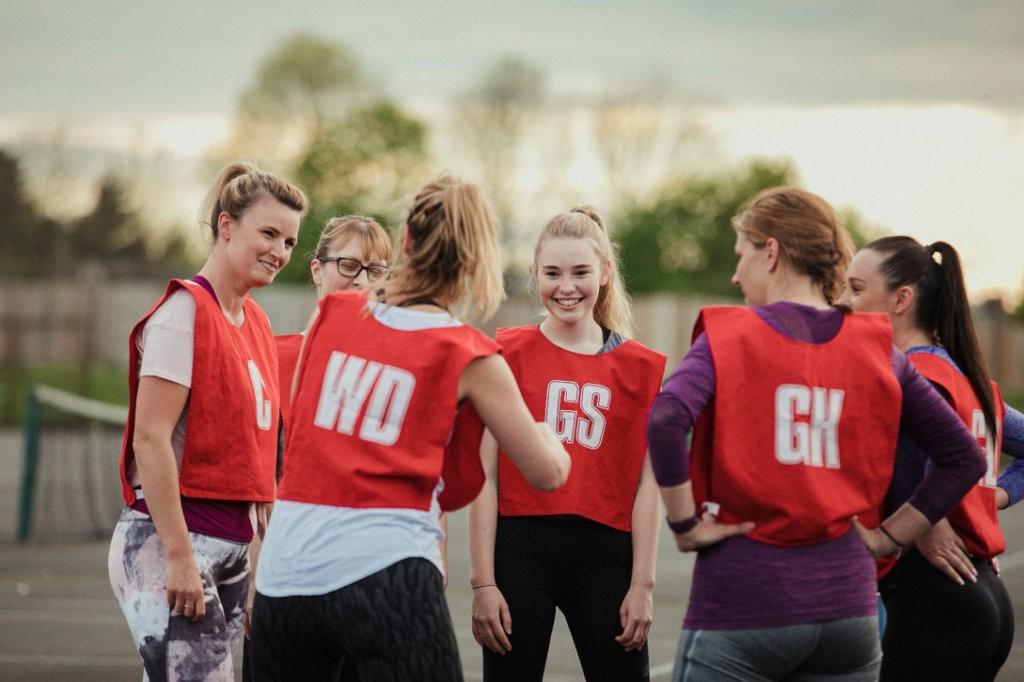
Finally, Level C is the resumption of sport as ‘normal’, playing competitive games with full contact and hosting training in groups of any size. In addition, it is suggested that the hygiene measures practiced in Level B carry over and into the foreseeable future to reduce the risk of an outbreak through a sport organisation. These levels seem a practical way to educate the public on the measures taken – are they achievable and how do we ensure local environments adequately keep these standards? We already know that many clubs are volunteer poor, by now adding further barriers (for the benefit of all people) may see ‘some’ just throw in the towel – too hard basket!
Having said all of that, it must be acknowledged that some people will be more susceptible to transmission than others, such as para-athletes and other participants with medical conditions. These people should be in regular contact with their doctor prior to returning and explore potential alternatives such as delaying their return or looking at participating at times when there are less or no other people that might endanger their health. Does this then create a greater divide within our community, will it see segregation take effect over inclusion?
Now is not a time for clubs, associations and sport in general to work like passing ships. Lets come together, lets listen to each other, lets try something different (history is simply that) and lets ensure we protect what is really important. That is, the joy we have got from sport since the very first day we joined an introductory to sport program such as nippers, hot shots, auckick or aussie hoops.
Michael King – Manager, Business Development